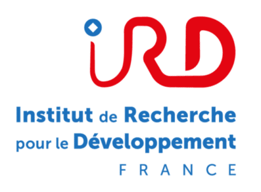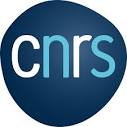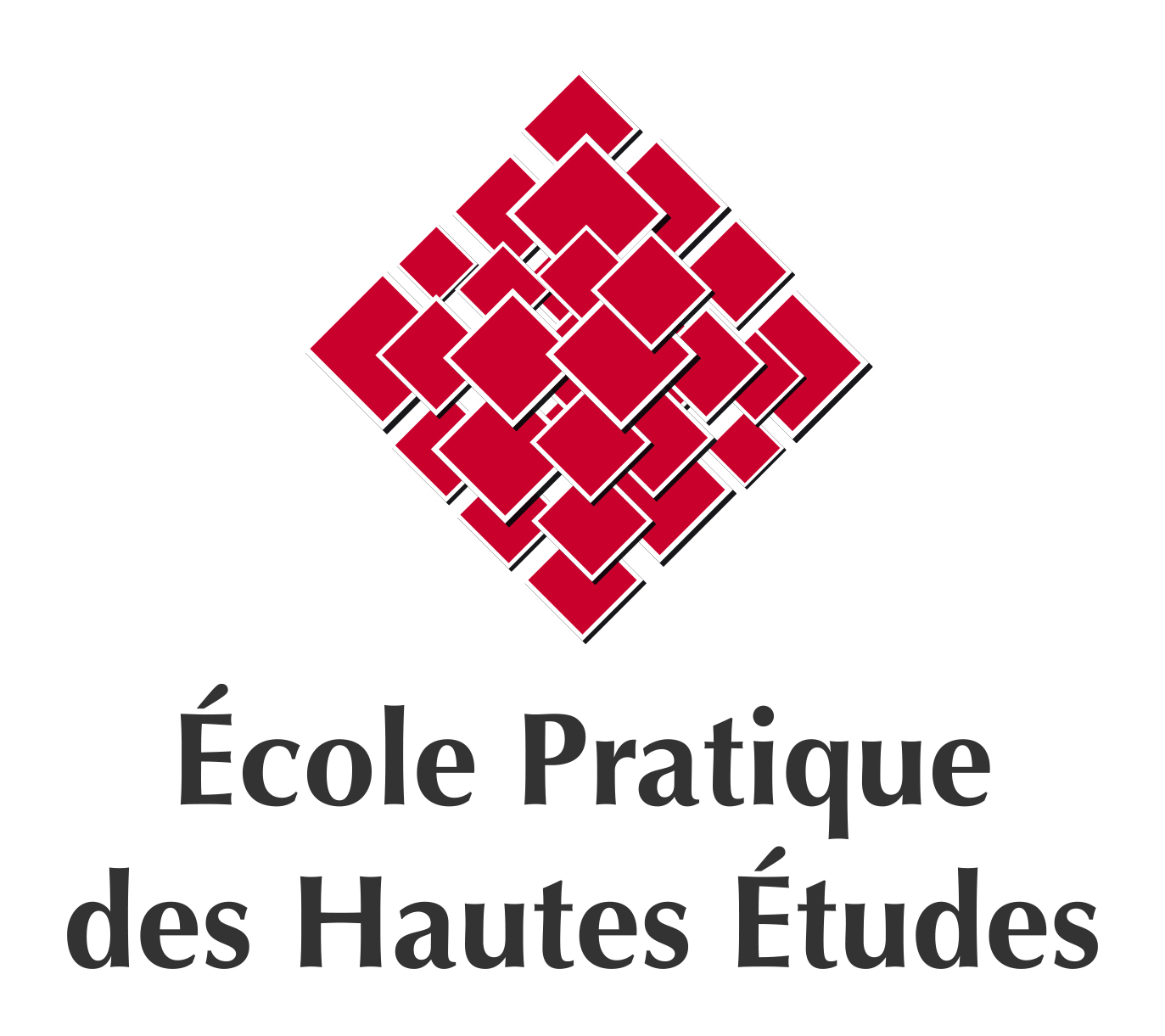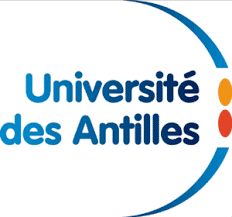SYNERGY Project
SYSTEMIC APPROACH TO THE MANAGEMENT OF CORAL REEF SOCIO-ECOLOGICAL SYSTEMS
PROJECT ABSTRACT
Despite ever increasing conservation efforts, coral reef decline remains a major global issue. The integration of a systemic perspective, borrowed from socio-ecological sciences, into human development the conservation and management of natural resources has increased the level of equity and long-term efficiency of initiatives in these fields.
To date, attempts to integrate eco-centered and socio-centered approaches have primarily focused on finding compromises. A recent methodological framework has recently been developed to support the identification of synergies in the choice of interventions for managing human-resource systems (Fig. 1). However, this framework has not been tested at a regional scale that would enable answering the following questions:
- Do the different characteristics of coral reef socio-ecological systems, particularly in French Overseas, call for specific families of management interventions?
- Can a typology of favorable management interventions be established by site, archipelago, or region?
- What types of management interventions have the potential to remain viable in the face of regional climate change scenarios?
- What types of management interventions have the potential to remain adapted to future regional sociocultural and socioeconomic transformations?
- What are the risks and incertainties associated with these scenarios?
The overall goal of the SYNERGY project is to broaden the conceptual, historic, and geographic perimeter of analysis of the linkage between humans and coral reefs in order to identify management strategies that are adapted, systemic, and feasible. We aim to develop an evaluation framework that supports a stronger and transparent identification of sustainable management strategies that is adapted to each region, and applicable to each individual site within the regions. The project is based on a spectrum of relationships linking humans and coral reefs, and will attempt to characterize the specificities of each region.
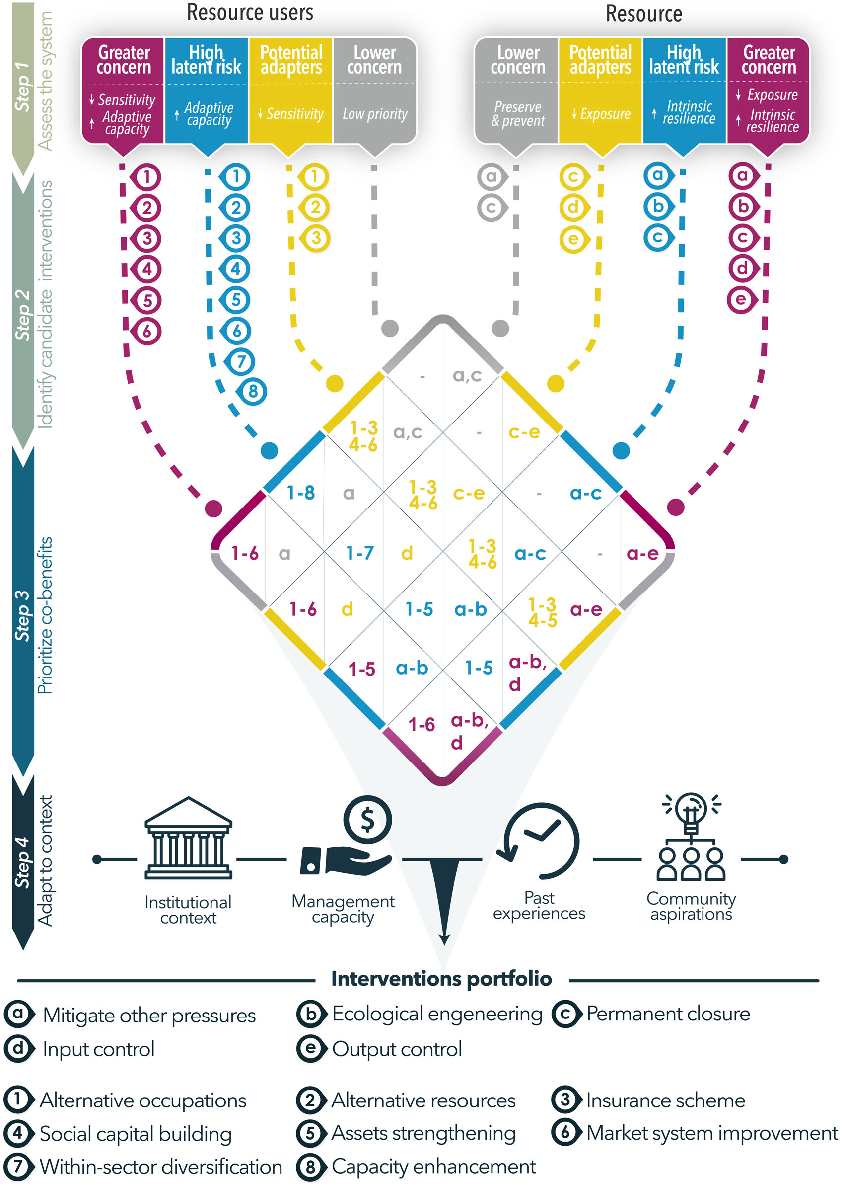
Fig. 1. Generic framework in 4 steps for identifying synergies between socio- (1-8) and eco-centered (a-e) interventions in the management of a human-resource system. Step 1 identifies sources of social and ecological vulnerability. Step 2 determines a set of potential interventions. Step 3 identifies a portfolio of interventions minimizing trade-offs and promoting co-benefits. Step 4 ensures the viability of interventions in the local context. Following Thiault et al. 2019 (Conservation Letters, https://doi.org/10.1111/conl.12677).
PUBLICATIONS
PARTICIPANTS
-
Claudet Joachim (CNRS)
-
Kayal Mohsen (IRD)
-
Galliot Sébastien (CNRS)
-
Thiault Lauric (EPHE)
-
Salaün Jessica (EPHE)
-
Trouillefou Malika (Université des Antilles)
-
Adjeroud Mehdi (IRD)
-
Bambridge Tamatoa (CNRS)


